Spoiled milk?
barb_roselover_in
14 years ago
Related Stories
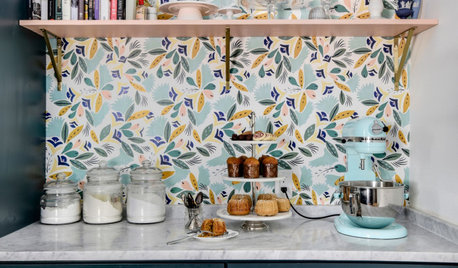
KITCHEN DESIGN12 Items Worth a Spot on Your Kitchen Counter
Keep these useful tools and accessories out in the open to maintain high function without spoiling the view
Full Story
HOUZZ TOURSMy Houzz: Turning a Netherlands Barn Into a Country Home
Once a place for chilling milk, this Dutch home now lets the owners chill out in easygoing comfort
Full Story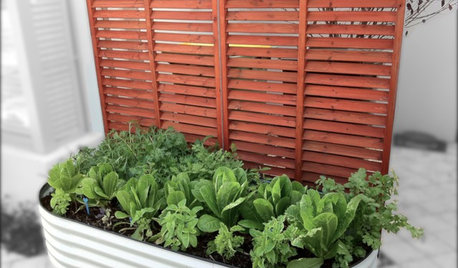
FEEL-GOOD HOME21 Ways to Waste Less at Home
Whether it's herbs rotting in the fridge or clothes that never get worn, most of us waste too much. Here are ways to make a change
Full Story
NEUTRAL COLORSHow to Bring Beige Walls to Life
Go for sprightly instead of snoozy by pairing beige walls with higher-octane hues
Full Story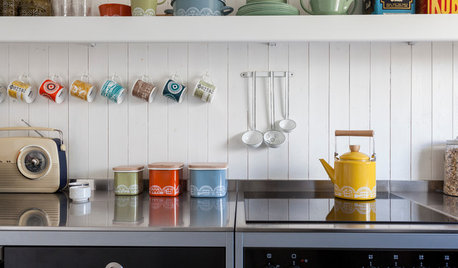
LIFEHow Do You Make Your Tea and Coffee in the Morning?
A morning cup is a must for many, and preparation comes in many guises. We look at coffee and tea habits across the Houzz community
Full Story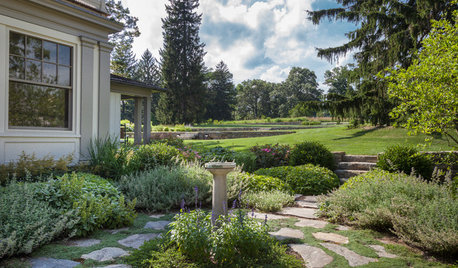
TRADITIONAL HOMESHouzz Tour: Connecticut Farm Restored for Generations to Come
A man renovates his extended family’s stately farmhouse and land. Sustainable practices are used in gardens, wetlands and recreation areas
Full Story
LIFEHow to Prepare for and Live With a Power Outage
When electricity loss puts food, water and heat in jeopardy, don't be in the dark about how to stay as safe and comfortable as possible
Full Story
MOST POPULAR7 Ways to Design Your Kitchen to Help You Lose Weight
In his new book, Slim by Design, eating-behavior expert Brian Wansink shows us how to get our kitchens working better
Full Story
PETSHouzz Pets Survey: Who Rules the House — Dogs or Cats?
New data shows that pets make people happy, and pet owners love spending big to return the favor
Full Story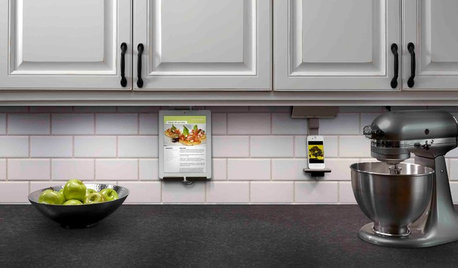
KITCHEN DESIGNHouzz Call: What’s Cooking in Your Kitchen?
Most of us turn to recipes, videos and culinary shows when we cook. Where do you set your cookbook, tablet or TV screen?
Full Story





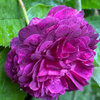
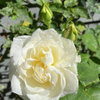
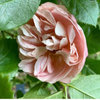
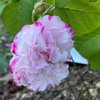
serenasyh
Kimmsr
Related Professionals
Camas Landscape Architects & Landscape Designers · Cary Landscape Architects & Landscape Designers · Quincy Landscape Architects & Landscape Designers · Roosevelt Landscape Architects & Landscape Designers · Winder Landscape Architects & Landscape Designers · Hartford Landscape Contractors · Wilmington Landscape Contractors · Tempe Landscape Contractors · Battle Ground Landscape Contractors · Clayton Landscape Contractors · Laguna Hills Landscape Contractors · Mashpee Landscape Contractors · New Providence Landscape Contractors · Sun City Center Landscape Contractors · Waipahu Landscape Contractorsserenasyh
wesley_butterflies
serenasyh
Kimmsr
sergeantcuff
serenasyh
Kimmsr
sergeantcuff
serenasyh
Kimmsr
serenasyh
Kimmsr
sergeantcuff
serenasyh